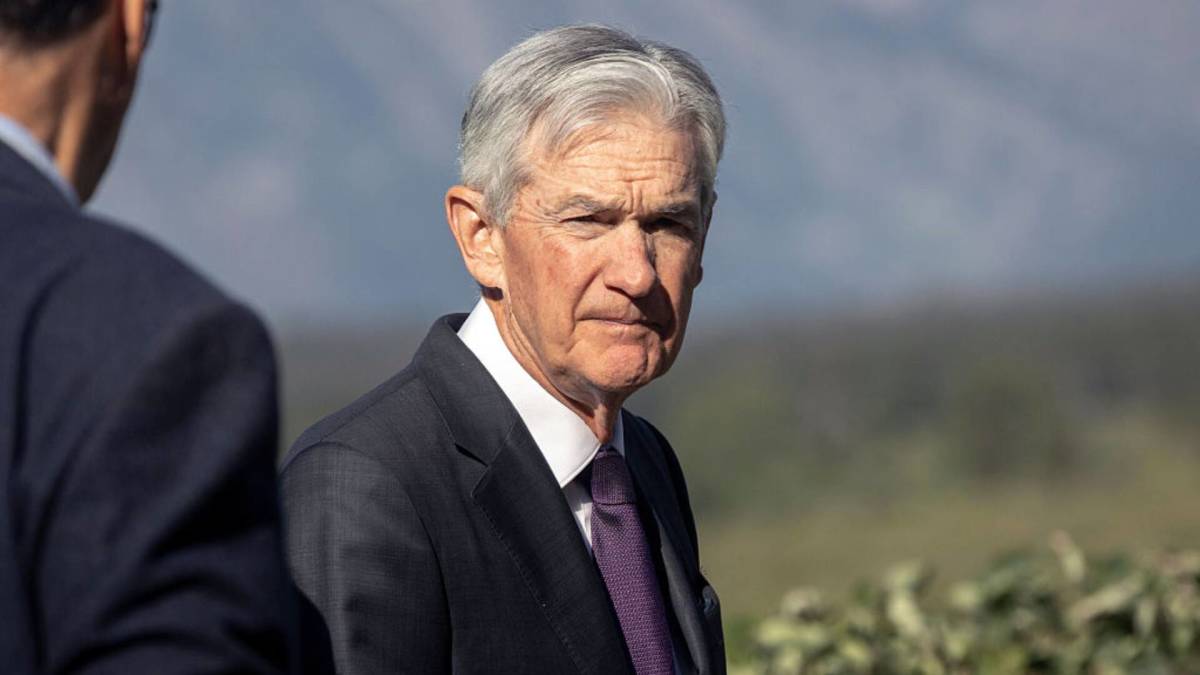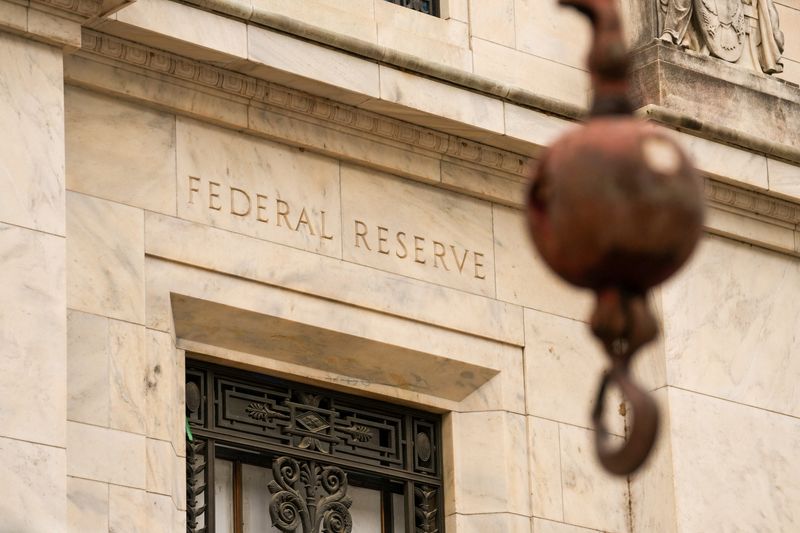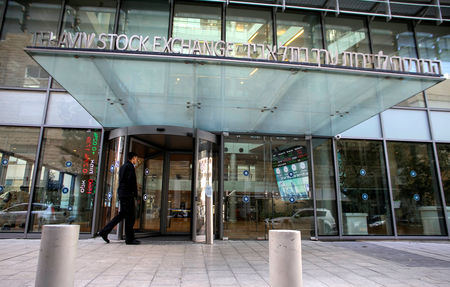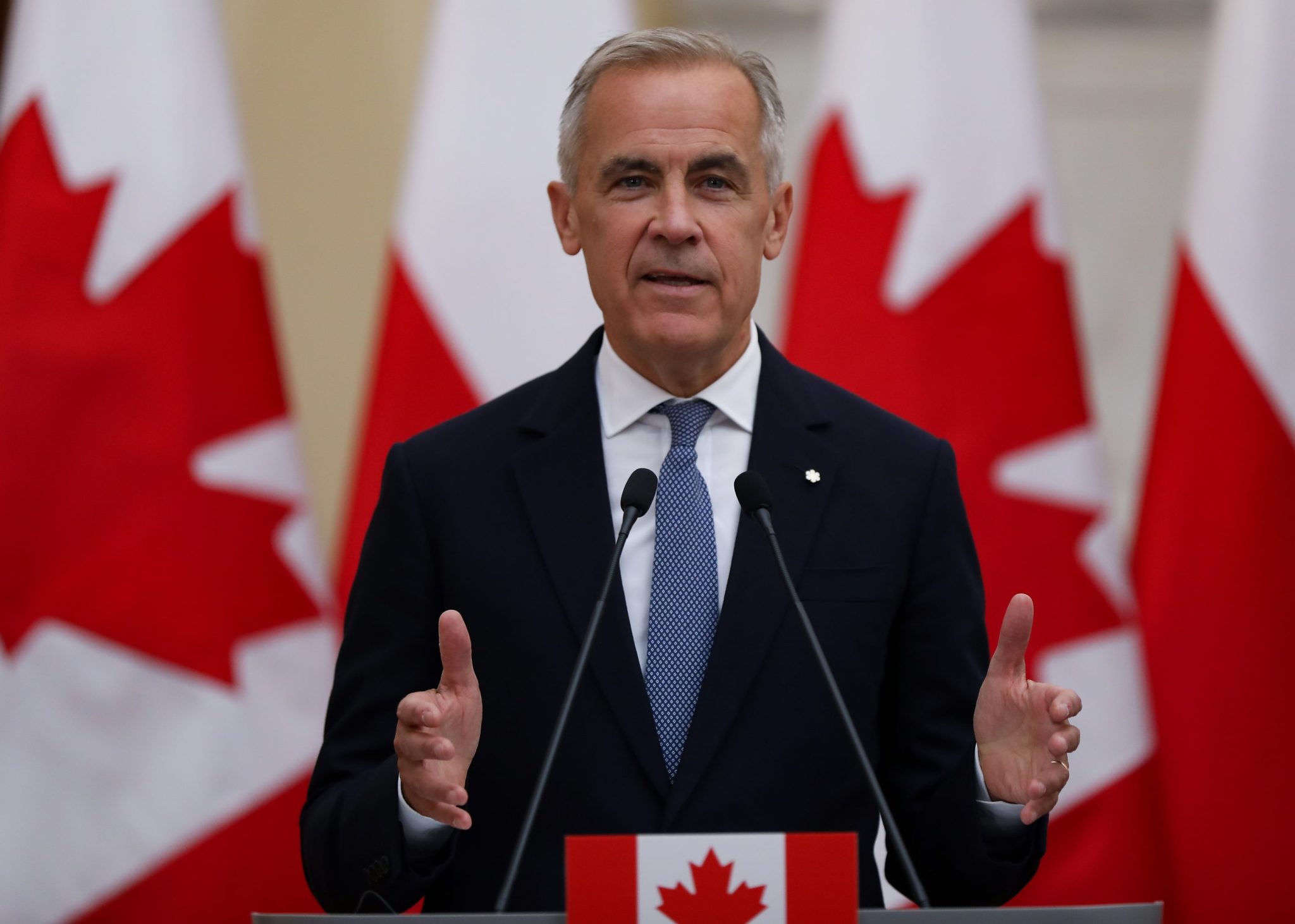Why Trump’s attacks on the Fed’s independence are so dangerous | Steven Greenhouse
NegativeFinancial Markets

Donald Trump's recent attacks on the Federal Reserve's independence, including his desire to fire governor Lisa Cook, pose significant risks to the economy. His aggressive stance could undermine the central bank's ability to manage interest rates effectively, leading to potential economic instability. This situation is concerning as it reflects a broader trend of undermining established norms and institutions, which could have lasting implications for financial governance.
— Curated by the World Pulse Now AI Editorial System








